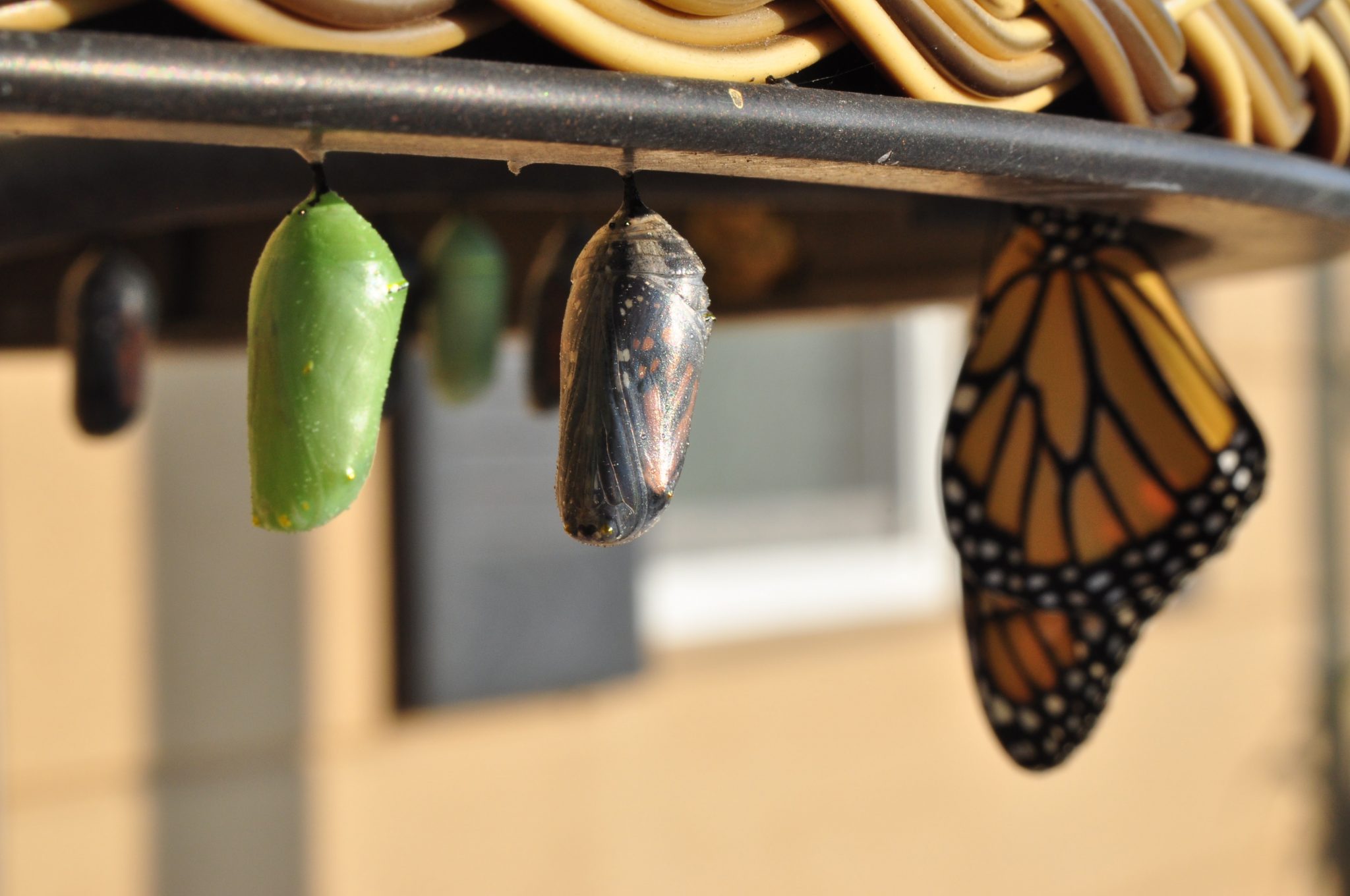COMING SOON!
Watch the Exhibit come to life

Grade K – 2

Lesson 1
Hershey Bars – What does the word liberate mean? Teachers have students say the word several times. Tell them it means to set free. Soldiers from many countries helped free Jewish people from camps where they weren’t allowed to leave and didn’t have enough to eat. Do a movement exercise where children stand close in a crowded space, then step and spin once for freedom. American soldiers gave the Jewish survivors Hershey bars because they were so hungry. Saluting Chocolate Click the link and the teacher reads the 4th paragraph about soldier Harry J. Herder. Would you give food to someone who is hungry? When did you choose to share with a friend? How did you feel?

Lesson 2
Strangers in Homes – Stand in a circle, close your eyes and imagine you are a songbird in a cage, a starling. One day, the door opens and you sing with joy. (make bird noises) You flap your wings gently and fly, free at last. You are ready to return to your nest at the top of an oak tree. But, once you get there, you discover a family of ravens have taken over your home. There is no room for you. How do you feel? What do you do?

Lesson 3
Dreams and Nightmares – Many soldiers had nightmares after the Jews who survived were freed from the camps.It was terrible to see how badly they were treated. What is a dream? Do you have a dream you remember? What is a nightmare? Have you ever had one? Discuss as a class. Why Do We Have Dreams and Nightmares Teacher gathers students to play the video. In groups of two, talk about a time you had a nightmare. What happened? Were you afraid? What would you do to help a friend who had a nightmare?

Lesson 4
Community – Return to Life After surviving the war and losing their families, Jewish people came back to life. In spite of terrible hardship, the Jewish spirit would never die. What does it mean to be part of a community? (schools, hospitals, stores, restaurants, neighborhoods, music, books, games, sports, religion) Why are communities important? How do communities help each other? What would you do to help a family in need and include them in your community? As a class, show a way that you are part of a community. (Could be a circle with students holding hands, or arms across shoulders, or smiling at each other)
Grade 3 – 5

Lesson 1
Finding Family Members – Once liberated from the camps, survivors of the Holocaust faced rebuilding their lives. They had little money, and few if any surviving family members. Irena Ehrlich – The Search for Her Family Click on this link and read Irena’s story. Teachers and students can click on the perfume bottle to make it larger. Why would Irena carry this item, along with a lipstick case, in the search for her family? Put yourself in Irena’s shoes. How would it feel to be separated from family? Why did she walk to Warsaw? Why are families important? How would you have helped her and why? Discuss with a partner, small group, or as a class. Stand in a circle for a moment of silence for all those who lost their families in the Holocaust.

Lesson 2
Signs of Jewish Life Destroyed – Many survivors who returned to their hometowns discovered all signs of Jewish life were destroyed. These included synagogues, cemeteries, and religious relics.
Destruction of Cultural Life Use this link to read and watch videos about this topic. How do you think Holocaust survivors felt upon returning home to find synagogues destroyed? Why are places of worship important to cultural life? What would you do if this happened to you?

Lesson 3
Write a Letter to a Sole Survivor Stand in the shoes of someone your age who has just found out their parents, brother, sister, and grandparents all lost their lives in the camps. This person is the only survivor. Create a name or use one of the following: Bella, Morris, Fred, or Helen. Write a sympathy letter of at least 5 sentences offering comfort and support. What would you say? Talk about this before beginning to write. You can do this on phones in small groups, or as a class while the teacher types on his/her phone.

Lesson 4
Life Goes On People began to celebrate life and new beginnings. Weddings were held and new families were established. Parachutes as Wedding Dresses Use this link to view photos, read the dresses, view the short video at the bottom of the article. Why are these wedding dresses important? In the aftermath of terrible hardship, people moved forward in their lives. Write about or tell a friend about a time when you faced hardship, fear, or worry in your life. How did you find the courage to move forward?
Grade 6 – 8

Lesson 1
Jewish Life Destroyed – Photos of Families Ripped Apart * Students use phones to view photographs and read stories about what happened to Jewish families during the war. Talk with a partner or in a small group about what you read. Why is it important to understand history? How do we honor those who lost their lives and families during the Holocaust? What do you think it was like for some Jewish survivors to discover the truth about what happened to their mothers, fathers, sisters, cousins? Take a few minutes and write a poem or short essay in response.

Lesson 2
Liberators – William Dippo, Jr. was one of about 25 U.S. soldiers from Texas who liberated concentration camps in Europe at the end of World War II. (HMH) Texas Liberators Project Use this link to see photographs and videos about their stories. Choose 2 or 3. What did you learn from the videos? What was it like for these soldiers to discover the horrible conditions in the concentration camps? Is antisemitism a problem in the United States? How can you take a stand against prejudice and hatred? Why is this important? Discuss.

Lesson 3
Comfort & Hope – Jewish Brigade
The Jewish Brigade Group – article Read this article about the Jewish Brigade. Talk with a partner about what you learned. Why did this group bring hope to Jewish survivors in the camps? Do a search to find out about antisemitism today. What’s happening in the United States? How do we stand with the Jewish people against prejudice and hate? Write or discuss actions you can take against antisemitism in your school or community. If you’re interested in additional information about the war and the importance of Israel as the Jewish homeland, do a search for Jewish Brigade British Army video. This is a full length documentary with an outline below the film that includes historical dates and information about the war and the role Jews played in helping the Allies. It wasn’t easy.

Lesson 4
Separated by War, United by the Internet This is an NPR photo project that links Holocaust survivors. Read the text and look at the photographs. Millions of children survived the war and had no family left. Discuss or write what it was like for children to survive the war but have no family left. How do you think they felt? How would you feel? Why do you think some survivors prefer to remain anonymous? What would you do?
Grade 9 – 12

Lesson 1
Concentration Camp Survivors Share Their Stories Use your phones and this link. Look at the photos, read the information about 2 or 3 survivors, and listen to the audio recordings. Make a list of what you learned and share with a partner or small group. How did you feel listening to these stories? Why is it important to know what happened? What is antisemitism? Do you see this in your school or in your neighborhood? Give specific examples. Where do you see religious persecution and racism in the United States today? What can we learn from history to help us take action in support of equality, justice, and inclusion?

Lesson 2
Frank Towers Liberator – The Train As World War II came to a close in 1945, a small American tank battalion discovered a train full of Jewish prisoners abandoned in the German countryside. Click the link and read or watch the video about the liberation of Jewish survivors from a train. What did you discover? Why is this important? Use your phones to research and find stories of Holocaust survivors in Houston. Who helped them? How did survivors rebuild their lives? Why are their stories both happy and heartbreaking? Discuss.

Lesson 3
Article – Walter Case Auschwitz Survivor Read about Walter Case, the man who awed eighth graders. Write in response to what you learned and answer these questions: What did Walter Kase say that stood out to you? Do you ever appreciate your life? How can human beings do this to other human beings? One student wrote, “Something he said that stood out to me was that the three things most people see as a plague are actually the three greatest gifts God has given us — race, religion, and nationality. Many people see diversity as a bad thing, something that tears us apart. But, our differences make us who we are, and when used in the right way, can allow us to see life more fully.” Write or discuss what this means to you. Do you agree or disagree? Why?

Lesson 4
Holocaust Human Rights – High School Art and Poetry Read at least two of the poems and look at the art piece. What stands out to you about this work and why? Why is art and poetry important? Take a few minutes to write 3-5 lines of a poem or make a drawing. Share with a partner or in a small group.